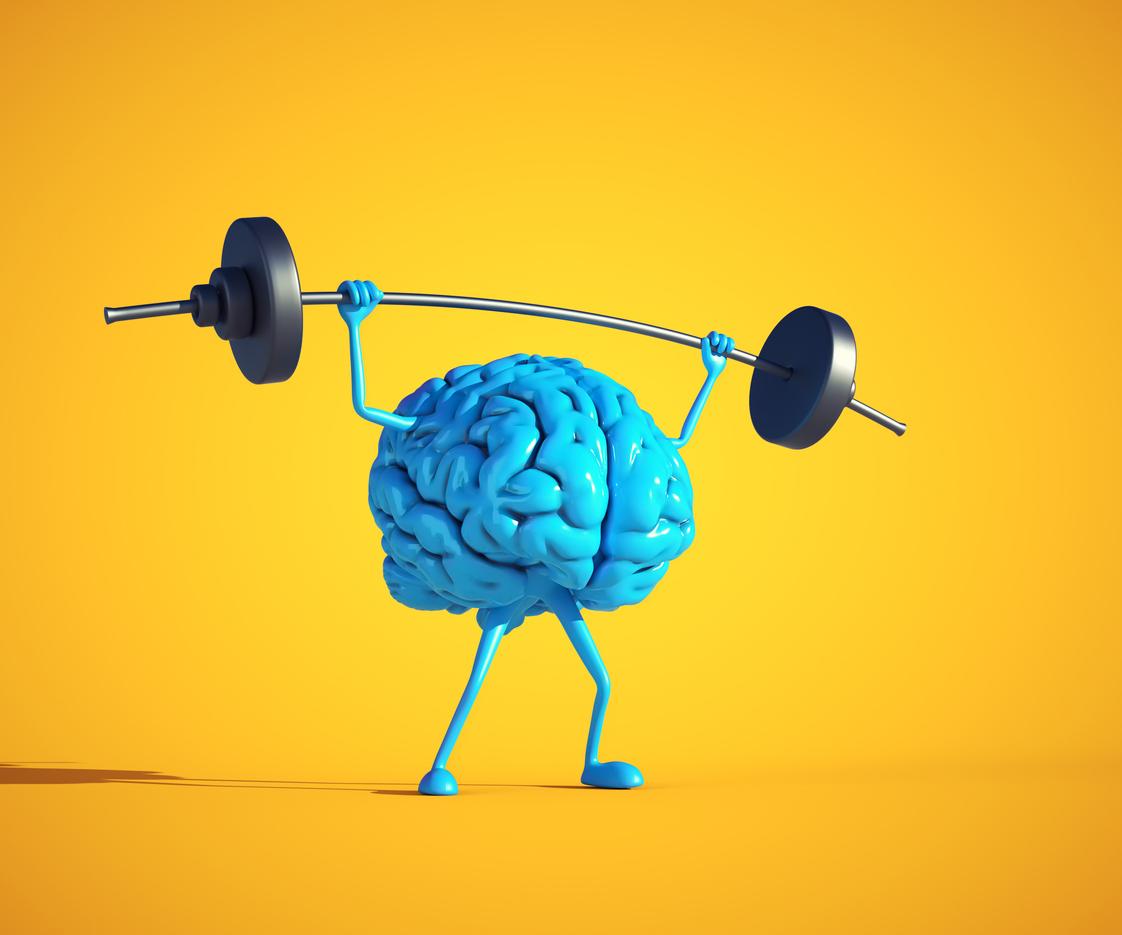
in the breach
The lack of a clear physical cause does not mean that pain or fatigue symptoms are not real, according to neurologist Emile Keuter. However, you have to look more broadly for a possible explanation. Because according to him we are more than our body.
Are unexplained complaints ‘between the ears’, as is often said?
“Yes and no. Many patients and doctors still have the idea that a physical complaint is a mechanical problem, like a flat tire that you can fix. Very clear and specific. But that approach is really outdated. Complaints always involve a combination of physical, mental and environmental factors.
Personal situation plays a role
Take the example of a 55-year-old smoking secretary who recently got divorced. She has been suffering from fatigue and tension headaches for months. Suddenly she can no longer lift her right arm. No matter how many tests they do, doctors can’t find a medical cause. They always refer her to another care provider. Or say she just has to learn to live with it. You don’t have to be Einstein to understand that her personal situation probably plays an important role. But that doesn’t make the complaint any less real – she’s actually no longer able to lift her arm. A lot of people find that confusing.”
How is that possible?
“Because we are not either our body or our brain; it is one whole. If you make a so-called functional MRI of a patient with unexplained paralysis, you will see the same blockage in the brain as in someone who has been paralyzed by a disease. In other words: the connection between body and mind means that you experience a complaint. Sometimes there is a medically demonstrable explanation for this, sometimes not. However, that is a difficult message. If you say as a doctor that there is – also – a psychological cause, then many patients feel they are not taken seriously, because psychologically they regard them as ‘not real’. But only if you approach body, mind and living environment as a whole, you can do something about misunderstood complaints.”
Do they happen a lot?
“A lot. In 20 percent of his new patients, a GP does not find a clear cause for physical problems. For patients who visit a specialist, that number is even higher – between 25 and 60 percent depending on the specialism. That means millions of people. Many of them recover on their own within a few weeks. But in some patients, the problems persist even after prolonged medical examination and treatment. We then speak of somatically insufficiently understood physical complaints, or ‘MUPS’.”
For example, what are we talking about?
“At least 10 percent of the population has unexplained pain symptoms. Unexplained abdominal, stomach and intestinal complaints are also common. Chronic fatigue probably affects 2 to 2.5 percent of the population. And then there are the unexplained symptoms. Muscles, nerves or brain cells suddenly stop working, so that someone can no longer use their arm or leg, for example.”
Why do you care so much about the fate of these patients?
“Because I love people. And because I see how unhappy they are, when in principle their bodies could do well. That is such a shame! It is outrageous that many doctors send these patients in a bind, simply because they find them too difficult or too time-consuming.”
You’re angry about that.
“Absolutely! My patients have often been to many healthcare providers. I think it’s mean when a doctor dismisses them, or sends them over and over into the medical mill, just to get rid of them. Instead, he should start a conversation about why a patient has complaints.
‘Pampering medicine’
Colleagues are quick to call this ‘pampering medicine’, something that many doctors abhor. Expensive and a waste of time, they think. But I’m convinced that if you don’t provide these types of patients with the right help, they will end up costing care a lot more money. Not to mention human suffering. That is why I, together with a number of colleagues, have drawn up an official guideline on how doctors can best deal with unexplained complaints. I also regularly give workshops for general practitioners in training, in the hope of cultivating more knowledge and understanding about this.”
How can you as a doctor help people with unexplained complaints?
“There is no one-size-fits-all solution. The most important thing is to figure out what’s involved. You really have to take the time for that. I go through all aspects, the physical, the mental and the social. Gradually I try to unravel the facts. The aim is to make patients understand why their body reacts to a situation with certain symptoms.
A time consuming process
The insight helps them to learn to accept their complaints, or to deal with them differently, so that in many cases they are less bothered by them. Of course, that doesn’t happen overnight; it is a process that often takes time – and often several conversations. Then people can start working at home themselves. Practical, for example by moving more, or mentally, for example by meditating or following behavioral therapy.
Understanding and support
Understanding and support from a partner and children are also important. If necessary, I refer, for example, to a psychologist or a psychosomatic physiotherapist who specializes in treatment
of the overall picture.”
What advice do you have for people who have been walking around with misunderstood complaints for a long time?
“Find a good doctor who takes you seriously and who you trust. What you feel or experience is reality; that should be the starting point. Then you can look for a solution together.
Always keep moving
My second advice is to keep moving if possible, even if you are still so tired, for example. People who exercise are more aware of how body and mind influence each other and therefore recover faster. Just think of the walker who is exhausted and depressed before walking, but feels much more cheerful after his round. The same principle plays an important role in the recovery of unexplained complaints. Furthermore, hypnotherapy, meditation and mindfulness can have a positive effect.”
What do you think of the special outpatient clinics for unexplained complaints that some hospitals have?
“I have mixed feelings about that. If all doctors would devote sufficient attention and time to the subject, these kinds of outpatient clinics would be superfluous. But as long as that is not the case, it is good that they are there.”
CV
 Emile Keuter (56) has been working as a general neurologist at the Isala Diaconessenhuis in Meppel since 1996. He has been working there for twenty years for people with unexplained physical complaints, among other things by organizing a special consultation hour for them. He was also one of the authors of the 2010 guideline that states how doctors should deal with these types of complaints. He also published a book about the experience and treatment of whiplash, according to him a neglected child in the medical world. He writes columns for the medical magazine Medisch Contact about everything that interests him in healthcare.
Emile Keuter (56) has been working as a general neurologist at the Isala Diaconessenhuis in Meppel since 1996. He has been working there for twenty years for people with unexplained physical complaints, among other things by organizing a special consultation hour for them. He was also one of the authors of the 2010 guideline that states how doctors should deal with these types of complaints. He also published a book about the experience and treatment of whiplash, according to him a neglected child in the medical world. He writes columns for the medical magazine Medisch Contact about everything that interests him in healthcare.
Mindfulness can help with unexplained complaints. Knowing more? www.plusonline.nl/wat-is-mindfulness
Sources):
- Plus Magazine
















